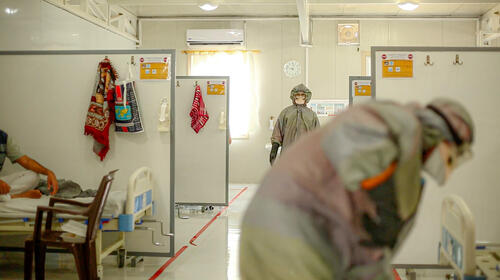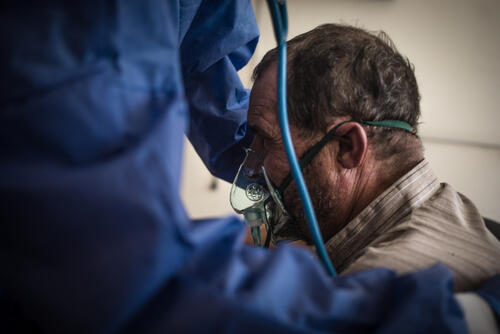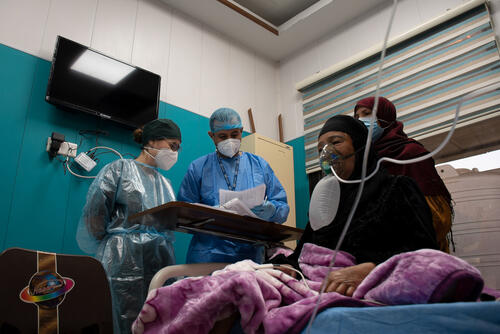Geneva - With the emergence of COVID-19, there has been a revival of the efforts to reform international pandemic preparedness and response (PPR). While discussions are ongoing across various platforms about the political processes and legal frameworks to be developed for future responses, we share lessons learned from decades of responding to outbreaks and some of the key principles that we believe are critical to take forward for a more people-centered approach to PPR.
MSF delivered the following statement on 30 November 2021 during the World Health Assembly Special Session:
Médecins Sans Frontières would like to make the following points, noting the importance of taking into account the lessons learnt from the COVID-19 pandemic and previous epidemics:
- We need to take a principled people-centred approach and to prioritise meaningful participation with affected communities
- We welcome the drive to have “equity” as the critical lens to apply – but we need to turn this from principles into concrete enforceable actions
- We need to address better the pandemic “response” in the context of emergencies and to address the collateral impacts, including the diversion of resources and impacts on health services. Any mechanism established for responding to outbreaks should include the humanitarian organisations, taking into account the humanitarian principles, flexibility, evidence-based approach, proportionality, duty of care and do no harm.
- We call for an open, transparent and inclusive process – in which civil society organisations are able to participate and contribute actively.






